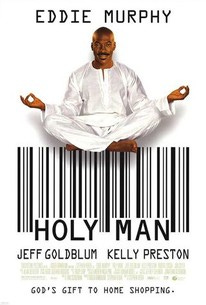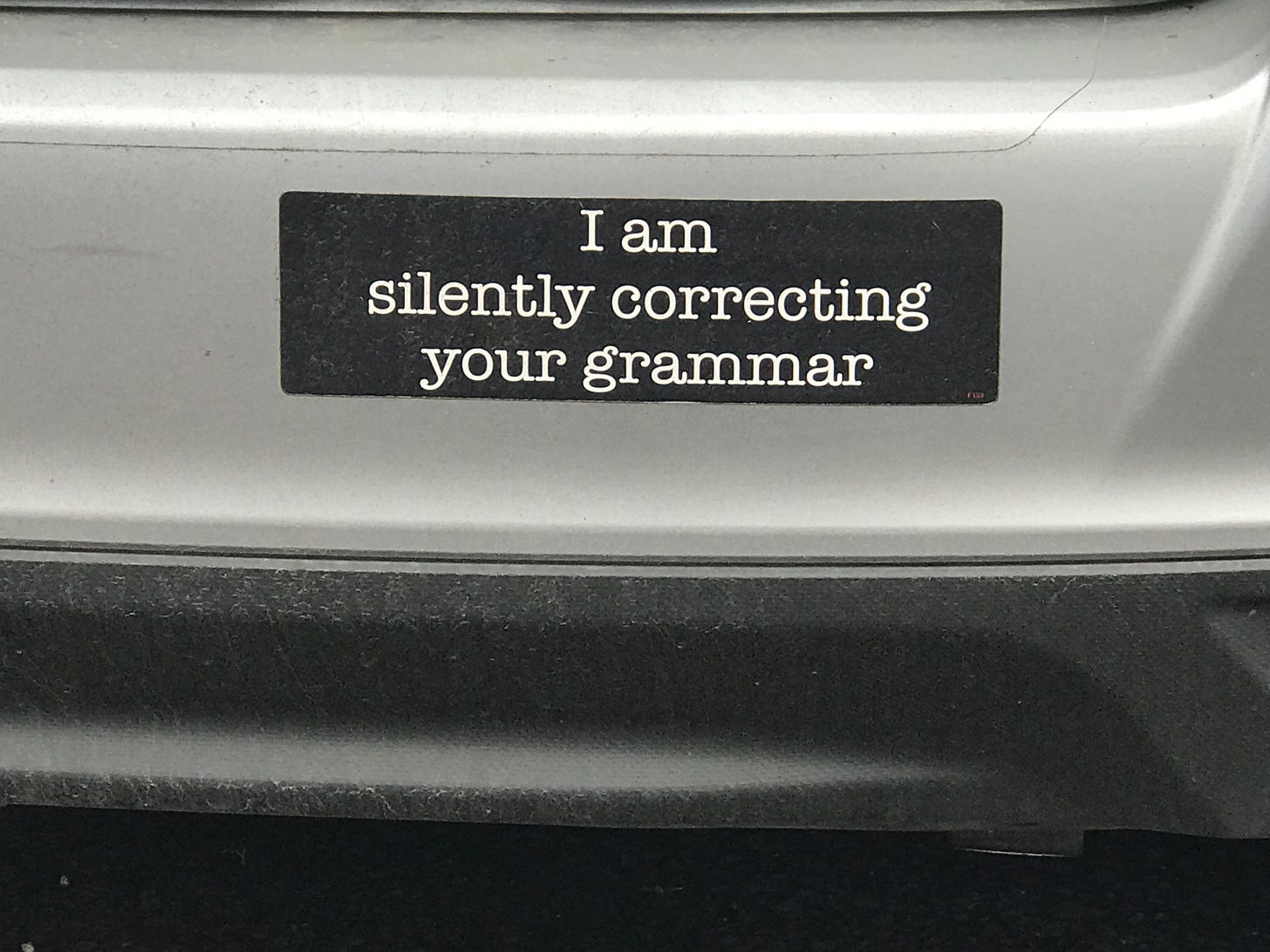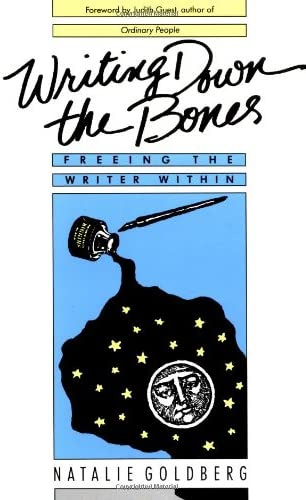

Check in
Dear ones, remember what matters: Spirit, authenticity, justice, words.
Let the work come. Approach it gently and keep your heart open.
Comfort
~In the bleak midwinter~
In the synchronicity of my recent life, I came upon an 16-year-old item from The New York Times’ wedding pages, a followup about a couple who had been the subject of an earlier article.
What entranced me about this story is that the couple, married in 1996, are not about comfort. They are interested in experience, in finding, seeing, exploring, learning. “Their idea of a great vacation was to be dropped off by a pilot in the backcountry of Alaska and picked up three weeks later,” the article reads.
“I’m not at all interested in being comfortable,” the woman, Mel Schneeberger, tells the interviewer, Lois Smith Brady. "When you’re comfortable, I think you stop living life with velocity.”
Why did I come across this article just at this time? It’s significant. I think it’s time to consider comfort.
Warm, fuzzy, clichéd
Comfort has been important to me. I like feeling comfortable. I don’t like being uncomfortable. I like to be warm, to have my back supported when I'm reading or working, to be free of pain.
I think better when my body is not distracting me. My sometimes reality check is “resting comfortably,” as is often said of someone who’s been through a traumatic experience but is now in the hospital or other place of refuge.
I’m not particularly interested in living life with velocity. I am, however, interested in having a life that moves, even if only sluggishly. So maybe I had better think a bit more about my comfort level and whether it's set on “healthy.”
Beyond the physical
When I search for “comfort” in the database where I keep my writing, what I find surprises me. Most references to “comfort” and “comfortable” are not to physical comfort at all, but to psychological or intellectual comfort. As in, being comfortable with a particular thought or concept, or being comfortable with who I am.
Yet those are places where I should give up thoughts of comfort. It’s comfortable to read light fiction or mysteries or Web pages that don’t require much thought adjustment. They’re intellectual lollipops, something sweet to suck on: a comfort, surely, but not in any way nutritious.
It’s so much harder to read material that angers me or disturbs me or challenges my understanding or invites me to change my frame of reference.
It’s also so much more necessary.
Muscular writing
The last place I should be comfortable is writing. I know this already. It’s what keeps me from writing easily, systematically, facilely. I mean, I can write that way, but the result is listless and boring.
It’s important, when I write, that the words that come most readily are not allowed free access to the page.
It’s important not to suck that lollipop when what I really need is to open a vein.
Physical comfort, which I sought for so long, beginning in the cold Minnesota winters of my childhood, is mine now. I never need to be cold or hungry or uncomfortable because I know how to arrange my life.
But that can't be a goal. It’s just a blessing.
The other blessing: knowing that I can’t get too comfortable when I write.
Their story
The couple in the NYT story, Mel Schneeberger and Christopher Robbins, began married life in discomfort, living in a tent while waiting for a renovation. Mel was working full-time as a lawyer while pregnant in that tent, then suffered through intense postpartum depression. Years later, serious complications kept their third child in an ICU unit for the first months of his life.
Even with the tsuris, Brady wrote,
Their life is as they dreamed: intense, turbulent, happy. . . .
Ms. Schneeberger and Mr. Robbins still describe their lives as adventurous, though they no longer have time to bushwhack in Alaska. Instead they bring an exploratory spirit to their conversations around the kitchen table. . . .
“One way we’re adventurous is we tell the truth regardless of the consequences,” [Schneeberger] said. They examine and discuss their relationship, as if they were reading a map in the wilderness.
“My deal with Chris and his deal with me is ‘no barnacles,’” she said. “You don't get to have anything that you’re holding on to about the other person.”
Evidently it stuck. The couple celebrated their 26th anniversary last December.
I did a little research on Mel Schneeberger, and, as Mel Robbins, she has gotten famous. She wrote a couple of best-selling books, The High 5 Habit and The 5-Second Rule. She’s been an in-house legal expert on CNN and can be found on Instagram, Facebook, Twitter and YouTube.
Her successful podcast, Mel Robbins,* highlights her coaching and consulting. As she puts it:
Millions of people and the world’s leading brands come to me for advice and science-backed tools to become more confident, effective, and fulfilled.
*If I were a facile writer, I’d say her podcast is eponymous. But that word’s a 5-cent cliché.
Christopher Robbins also has a consulting gig. His Soul Degree holds retreats for men “ages 21-71” in the Vermont woods.
A long journey
The follow-up article about the couple appeared in 2006, 10 years into their 26-year marriage. Christopher Robbins wrote in an e-mail to Brady.:
Really has been a wild ride with exciting and heart-wrenching times. . . . Can’t deny that I'm often overwhelmed by the challenge of raising kids, pursuing a profession, paying the bills, keeping mind, body, health in check and having a passionate relationship with Mel.
One thing is for sure, you can't imagine any of this when standing at the altar, and it's certainly not something you can prepare for.
And, yes, it's an adventure every day.
Silence—and a movie about Jesus
~What writing about homework can lead to~
So, how’s it going with practicing silence?
My description of moving into silence may be what some call meditation. Can a person meditate anywhere, not just some place where it’s quiet and peaceful?
I think of a man meditating at the edge of a freeway. That’s when I recall the movie Holy Man, a favorite of mine, long unavailable but now viewable for free on Hoopla.
This 1997 film, which does not have very good scores on Rotten Tomatoes but which I like for reasons laid out below, features Eddie Murphy and Jeff Goldblum in a joyful exploration of the depths of friendship. Ricky (Goldblum) works at the Good Buys Shopping Network (GBSN), where viewers can buy things they don’t need. He enlists the man named G (that’s Murphy) to help sell. But G has his own way of communicating—he’s funny and goofy but also slips in heartfelt asides about the philosophy of life.
Soon, G’s little homilies about living a better life without a lot of material goods are, amazingly, selling more stuff. Because that’s how our crazy world works.
My take on this movie
If Jesus came to walk among us, he would be like G. Gently admonishing us to live from our better nature. Even playing the occasional practical joke. Well, a lot of practical jokes. Murphy is a trickster.
Ricky and his soon-to-be girlfriend encounter G when car trouble strands them on the freeway. G walks unscathed across four lanes of traffic to reach them. Pretty soon, G is wandering through the studios at GBSN, playing tricks on sellers like Morgan Fairchild and interrupting sales pitches with messages of love and empowerment.
And sales shoot through the roof.
A few parallels
Here are some other things in the movie that remind me of Jesus:
There’s his name, for one thing. G.
When Ricky first encounters him, G nonchalantly walks across a busy freeway as if it were the Sea of Galilee.
His first, tentative, words on air for the GBSN are: “I wept,” followed by a beat of silence . . . “when I saw a man with no shoes. . . . And then I saw a man with no penis.” That last reference erases everything else. All the GBSN brass are concerned with is that he said “penis” on the air.
No one can find out a thing about the man. No Social Security number. No birth certificate. No name, really. A woman who claims G fathered her children admits she was bribed to lie about it. G forgives her.
A Jew, a Muslim and a Christian all claim his philosophy as theirs. Says the minister: “G’s essential religious foundation so clearly echoes the teachings of Jesus Christ that I wonder if he might not have spent some time in the seminary himself.”
And, in the end, G metaphorically lays down his life for his friend (as in John 15:13). Although what he wants is to be on the road, continuing his journey, he agrees to host a soul-sucking prime-time TV show (“The G-Spot”) if that’s what his friend wants. “All you have to do is ask,” he tells Ricky, “and I’ll do it.”
Jesus is about miracles. And the miracle in this movie is that nebbishy Ricky, who prays for success at his job, is transformed—made into a man, upright and righteous—by his friendship with G.
Am I alone in seeing the movie this way? Most reviewers view G as some sort of New Age guru. If caring about your purpose in life, loving and forgiving others, and accessing your inner strength to make your life and the lives of others better are “New Age,” I’m all for it.
Here’s his ultimate speech:
Get your head out of the rat race and forget about superficial things that preoccupy your existence, and get back to what's important now. . . . You can become a seeker. You can be loving more. You could be taking some chances. You could be living more. You could be spending more time with your family. You could be getting in touch with the part of you that lives instead of fears, the part of you that loves instead of hates. The part of you that recognizes the humanity in all of us.
He challenges his audience to do a simple thing: “wherever you are, just, just go look at some grass. Go ahead. Just go do it.” And the GBSN viewers get off their couches and go outside in the evening air—suburbanites and farmers and the residents of a nursing home—and simply contemplate nature.
He tells them:
Let go of your worries. Give in to your desires. And take the journey.
The writer responds
I ran my theory past the scriptwriter, Tom Schulman, and this is his reply:
It’s been a long time since I wrote Holy Man, but to the best of my recollection, the character of G was not Jesus or God, but a man who modeled himself after them. G certainly recognized Ricky’s greedy and self-serving nature from the get-go, but by choosing to see only the good in Ricky, G propelled Ricky to see the good in himself and thus, in the end, choose the right course. I hope this answers your question.
Best regards,
Tom
Well, Schulman should know. He wrote it. But I like my fantasy interpretation.
Hooray for Hoopla
However you interpret the movie, Holy Man is a fun watch, regardless of what Rotten Tomatoes says. Murphy is a comedic genius and Goldblum is a worthy foil. It’s on Hoopla, a streaming service that’s available for free to me through the Multnomah County Library in Portland, Ore.
Check out whether your local library has this service. There you will find ebooks, audiobooks, comic books, movies, TV shows and music—all free.
Something I saw this week
This a bumper sticker. Where and how is this person fixing my grammar?
Apropos of newspapers
I wrote last week about the importance of subscribing to news outlets, in print or online. Therese Bottomly, the executive editor of The Oregonian, covers that newspaper’s situation in more detail in a Letter from the Editor. It’s worth a look.
Check out
~Keep writing and try something new~
Another great book on writing: Writing Down the Bones: Freeing the Writer Within, by Natalie Goldberg.
Not only is it a worthwhile and life-changing book, it has a thoughtful cover.
Here’s the new thing to try
~This has to do with comfort~
Dear reader, it took me years to get up the courage to try it. But when I did—wow!
I had heard that, when washing my hair in the shower, a cool rinse would make it shinier. So I used to briefly run some less warm water over my scalp at the end.
I had also heard that rinsing the whole body in cold!! water felt good, refreshing, mind-flowingly right.
Yet I couldn’t do it. Every time I took a shower, I thought about turning the faucet to cold at the end. Every time—nope, not now.
Then, a while ago—months, a year? It’s so much a part of the process that I don’t even recall—I finally did it.
And—AND—it was everything everyone had promised. Suddenly I knew why “polar bears” go frolicking into the chilly waters of the Great Lakes. I remembered acclimating myself to what seemed like the frigid waters of Bush Lake in Bloomington, Minn., where my mom took us swimming.
The water was cold, piercing, bracing—and it felt wonderful! I moved the shower head on its flexible hose all over my body. I felt alive.
So, try it
You can do it, beloved. Turn on the cold water. Move out of your comfort zone. Sometimes comfort isn’t the most important thing. Living is.
I hope you don’t have to work up to it for as long as it took me.
It was like eating sushi for the first time, or Korean food. Why had it taken so long for me to find this marvelous, exotic experience?
Finally . . .
About comments. Because I release the weekly compendium in one take to keep from cluttering you-all’s mailboxes, any comment on a part of the post ends up being a comment on all of it.
So what! Readers will know what you’re talking about.
Besides, I live for this work. I really, really appreciate it when people take the time to comment, or even just hit the “like” heart.
Do not worry, though, if you don’t post or click. I love you, and I appreciate your subscription. Thank you for being here, for sharing and becoming.
—30—


















nobody expects the Spanish Inquisition, and nobody expects cold water to feel good
I tried the cold shower thing years ago and it’s not for me. But I do swim in the ocean when I can and in Ireland, the water is always very cold and it is refreshing after your body adjusts to it (and you have a warm beach and a dry towel afterwards).